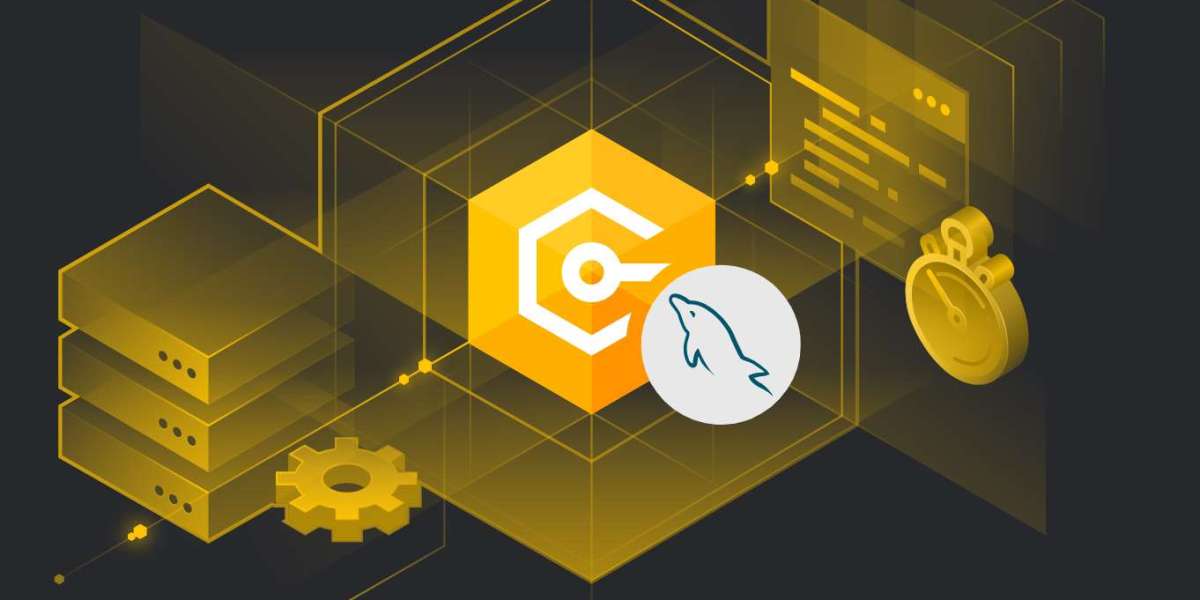Blazor has emerged as a powerful framework for building interactive web applications using C# and .NET, allowing developers to create rich client-side experiences without relying solely on JavaScript. When it comes to database management, MySQL combined with Entity Framework Core (EF Core) offers a robust solution that can significantly streamline the development process, more about it you can find in this article.
Using MySQL with EF Core in a Blazor application presents several advantages. First and foremost, it allows developers to utilize a widely adopted open-source database management system that is known for its reliability and performance. MySQL is an excellent choice for applications that require efficient data storage and retrieval, and it seamlessly integrates with EF Core, which provides an object-relational mapping (ORM) framework. This integration simplifies database interactions by allowing developers to work with C# objects instead of SQL queries, thus enhancing productivity.
One of the primary benefits of using MySQL with EF Core in Blazor is the strong support for asynchronous programming. Blazor applications thrive on responsiveness, and EF Core's asynchronous methods enable developers to execute database operations without blocking the user interface. This results in a smoother user experience, especially in applications where data retrieval times can vary significantly. Furthermore, EF Core's change tracking capabilities make it easy to manage data modifications, keeping the application's state in sync with the database.
The combination of MySQL and EF Core is particularly advantageous for small to medium-sized projects or startups that require quick development cycles. The cost-effectiveness of MySQL, along with its broad community support, makes it an appealing option for organizations that may not have the budget for more expensive database solutions. Additionally, the flexibility of Blazor allows developers to target various platforms, including web, mobile, and desktop, thereby maximizing the reach of their applications.
For developers already familiar with the .NET ecosystem, the transition to using EF Core with MySQL is relatively straightforward. Tools like Devart dotConnect for MySQL further simplify this process by providing a rich set of features for database connectivity and performance optimization. With dotConnect, developers can benefit from advanced functionalities such as direct access to MySQL through ADO.NET and enhanced ORM support, making it easier to manage database operations within Blazor applications.
Furthermore, organizations that prioritize data security will find that MySQL, in conjunction with EF Core, offers robust options for safeguarding sensitive information. Developers can implement various security measures, including parameterized queries and secure connection strings, to minimize risks associated with data access.
In summary, using MySQL with Entity Framework Core in Blazor applications offers numerous advantages, including improved productivity, asynchronous programming support, cost-effectiveness, and strong community backing. This combination is well-suited for developers looking to create dynamic web applications quickly and efficiently, making it a compelling choice for businesses of all sizes. Whether you are a seasoned developer or a newcomer to the .NET ecosystem, this pairing provides a powerful foundation for building scalable and maintainable applications.



